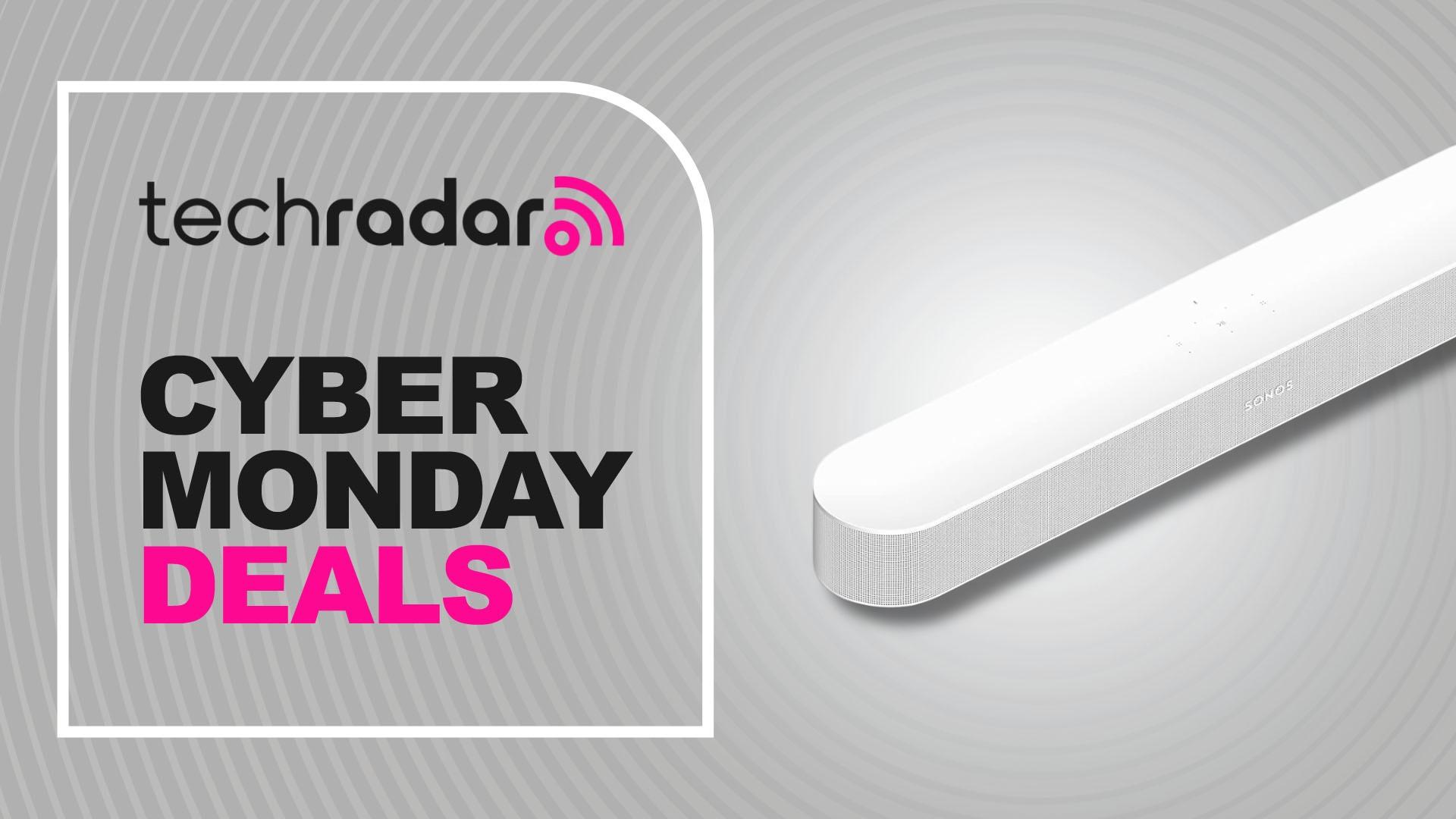Fed up with hearing about Windows 10 support ending next year? Bad news – Microsoft has stepped up its Windows 11 upgrade campaign
If you thought you could hide from Windows 11, think again. Microsoft has recently escalated its efforts to push users to upgrade from Windows 10 to its latest operating system, leaving some people frustrated and annoyed. With Windows 10 support set to end in October 2025, upgrading to Windows 11 seems like the only option, and Microsoft is ensuring that everyone knows it.
The company has been persistent in trying to convince users that Windows 11 is the future and that their current operating system is outdated. Pop-up notifications have been appearing on Windows 10 machines, urging users to “Get Windows 11 for free.” These prompts are hard to ignore, as they pop up frequently and can disrupt a user’s workflow.
For many, these notifications are unwelcome. After years of being bombarded with Windows 10 updates and glitches, some users are simply exhausted and frustrated with the constant need for change. Windows 10 has been a stable and reliable operating system for millions of users, and the idea of upgrading to Windows 11 can feel unnecessary and disruptive.
Microsoft’s push for Windows 11 comes with a range of new features and improvements. From a redesigned start menu to better gaming and productivity capabilities, Windows 11 offers a more polished and modern user experience. However, many argue that these new features do not justify the upheaval of upgrading an entire operating system.
Another concern for users is the hardware requirements for Windows 11. While Windows 10 was compatible with a wide range of devices, including older machines, Windows 11 has stricter hardware requirements. This means that some users may need to purchase new hardware to upgrade, adding an additional expense and inconvenience.
Despite these challenges, Microsoft remains firm in promoting Windows 11. The company believes that this upgrade is necessary to ensure better security, performance, and compatibility with future technology. They argue that Windows 11 is designed to take advantage of modern hardware and software advancements, and sticking with Windows 10 may lead to missing out on critical updates and features.
While Windows 10 will continue to receive updates until 2025, the idea of an unsupported operating system leaves many users apprehensive. Security vulnerabilities and lack of compatibility with new software and applications may become an issue for those who choose not to upgrade. Microsoft’s aggressive campaign aims to push users to make the switch sooner rather than later, minimizing the risks of remaining on an outdated operating system.
However, with the Windows 11 upgrade campaign, Microsoft risks alienating its user base. Forcing users to upgrade when they may not be ready or willing can create a negative perception of the company and its products. User choice and flexibility should be prioritized, allowing users to upgrade when they are comfortable and ready for the change.
while Microsoft has intensified its Windows 11 upgrade campaign, the decision to upgrade should ultimately be up to the user. While Windows 11 offers new features and improved performance, it’s important to consider the potential disruption, hardware requirements, and the overall satisfaction with Windows 10. Users should weigh the pros and cons and make an informed decision that best suits their needs and preferences.
Hey Subscribe to our newsletter for more articles like this directly to your email.
